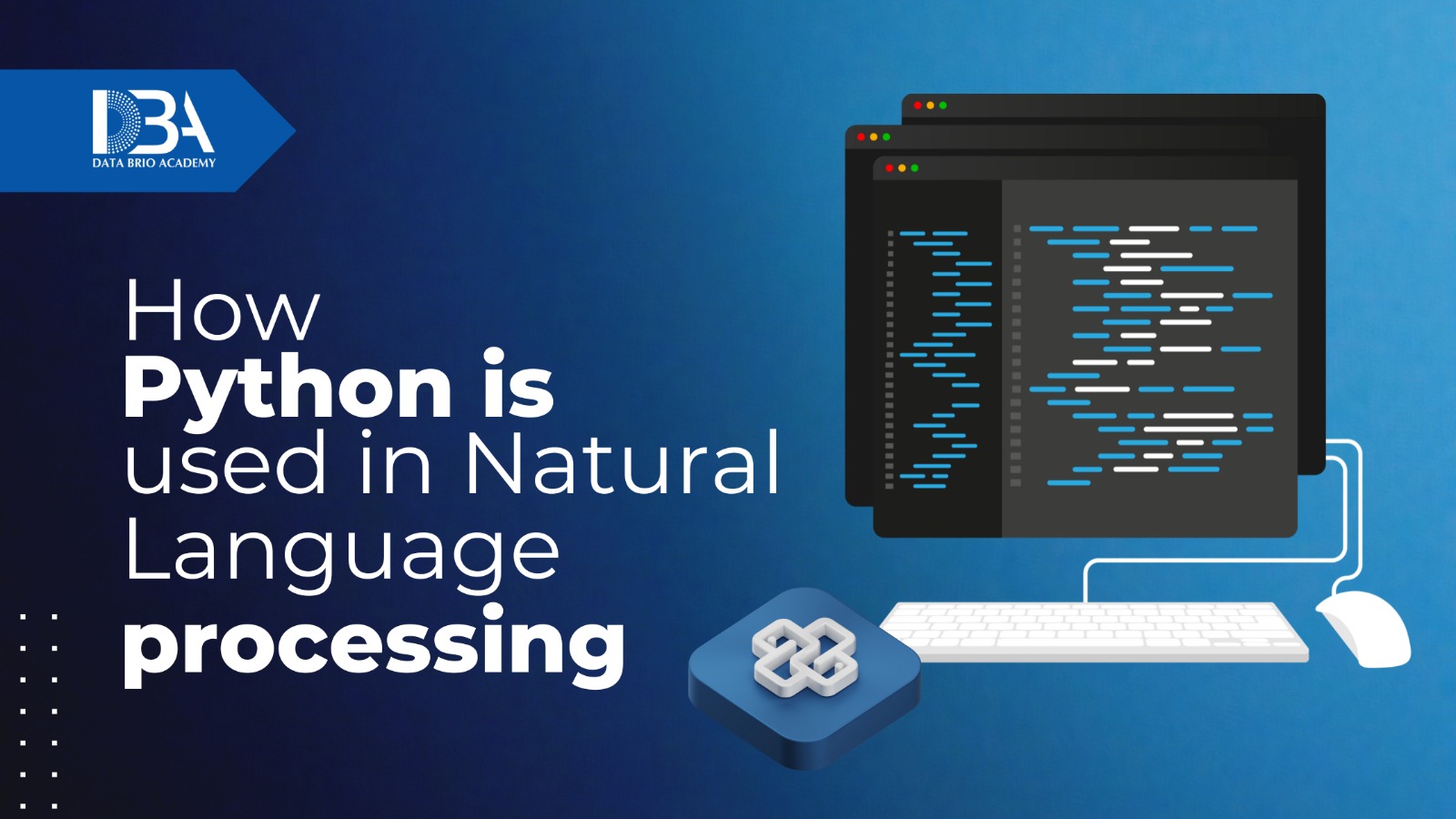Natural Language Processing or NLP makes computers understand, interpret, and manipulate human language. Python has gained more prominence in this area because of its simplicity and powerful libraries.
In this blog, we’ll see some of the popular Python libraries used for natural language processing. We’ll also see some of the NLP use cases in businesses.
Key Python Libraries for NLP
Python has different kinds of libraries that are designed to make working with NLP easier and more efficient. Although there are several, here are some of the popular libraries:
NLTK (Natural Language Toolkit)
NLTK is the oldest and one of the most popular Python libraries for NLP. It helps to perform several tasks on text data, from its initial steps to the last steps of processing.
- Tokenization: It refers to the process whereby text is broken down into words or sentences to make analyses easier.
- Stemming and Lemmatization: Both techniques are used to normalize words into their base or root form.
- Text Classification: It categorizes a text into a predefined label.
NLTK is an excellent starting point for Python programming in NLP. It has an extremely comprehensive suite of tools for starters ranging from basic to intermediary tasks.
SpaCy
SpaCy is faster and more efficient compared to NLTK for large-scale NLP tasks.
- Named Entity Recognition: It will identify the entities from a text, such as names, locations, and dates.
- Dependency Parsing: Provides information about how different words in a sentence are related to one another.
- Text Pre-processing:Tokenization, tagging parts of speech, among others.
SpaCy is especially fit for creating production-level NLP applications, hence very helpful for professionals.
Gensim
Gensim is mainly used for topic modeling and document similarity analysis. It is excellent in applications such as document clustering and information retrieval.
- Latent Semantic Analysis or LSA: Helps in understanding the patterns in relationships between words.
- Document Similarity: Compares various texts for similarity in their content. It is helpful in search engines.
- Efficient Algorithms: Optimized for big datasets, Gensim offers memory-efficient algorithms.
Gensim is an important Python tool for those people working in the field of text analytics and document clustering.
Popular NLP Use Cases
Here are some of the popular use cases of NLP:
- Search Engine: This is one of the most popular NLP use cases. Search engines utilize the power of NLP to study search history and understand user intent so that they can recommend relevant results.
- Predictive Text: We’ve all witnessed this on social media and search engines. We are typing something in the textbox and the algorithm is predicting the next words, phrases, or even questions. Features such as autocorrect and autocomplete are all applications of NLP where algorithms decipher what we’re typing and predict based on our intent.
- Languages Translation: This feature has become very popular nowadays. This is yet another example of NLP where the machine understands our messages and translates them into another language.
- Sentiment Analysis: It is an application of NLP in which algorithms determine the emotional tone behind the message. This is used to identify whether an opinion is positive, neutral, or negative.
Learn Python Programming in Kolkata with Data Brio Academy
Python is a versatile programming language and mastering it will give you several opportunities in different fields. Data Brio Academy offers a comprehensive Python programming course that caters to the demands of the industry. Our course curriculum of Python programming in Kolkata covers a variety of Python libraries that will teach you basic as well as advanced topics. You’ll become industry-ready thanks to our focus on practical studies, industry use cases, and internships.
Contact us for more information.
Python is indeed one of the most powerful and versatile languages that can be used in Natural Language Processing. From text data manipulation to analysis, the language is very flexible and versatile. Mastering Python is equivalent to driving your career toward success.

